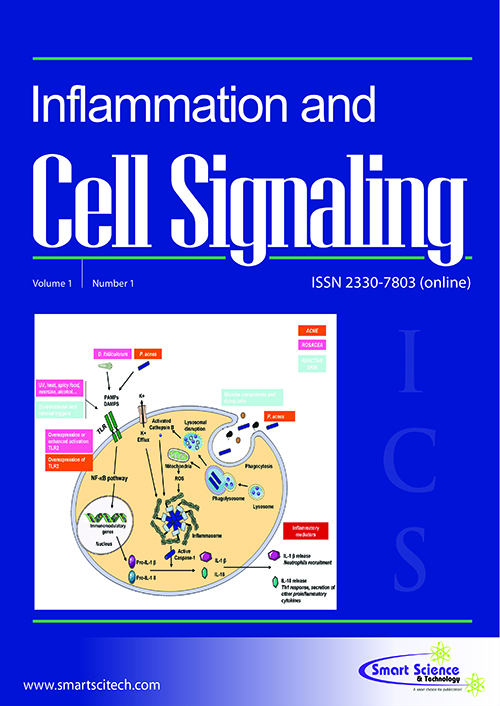The impact of early life immune challenge on behavior and microglia during postnatal development
DOI: 10.14800/ics.83
Abstract
Sexual dichotomy exists in the development, presentation, and course of many neuropsychiatric disorders, including anxiety. Anxiety disorders are one of the earliest psychiatric illnesses to manifest and a role for immune system programming of the developing CNS has emerged in relation to anxiety. Adult rodents neonatally exposed to an immune challenge exhibit increased anxiety-related behaviors. The objective of this study was to determine the impact of postnatal immune challenge on behavior and microglia during the postnatal period and in adulthood. Mice were administered lipopolysaccharide (LPS; 0.05mg/kg, i.p.) or saline on postnatal days (P) three and five. Anxiety-related behavior was assessed during early development on P15 and P21, and re-assessed in adulthood at 10 and 12 weeks. Results reveal sex-specificity in the temporal emergence and phenotypic profile of behaviors displayed by LPS-treated mice. Male LPS-treated mice exhibited reduced exploratory in early development (P15 and P21) that persisted into adulthood. Female LPS-mice exhibited increased anxiety-like behaviors in the EPM in adulthood. These results demonstrate a role for interactions between sex and the immune system in shaping the developmental trajectory of exploratory and anxiety-like behaviors.














